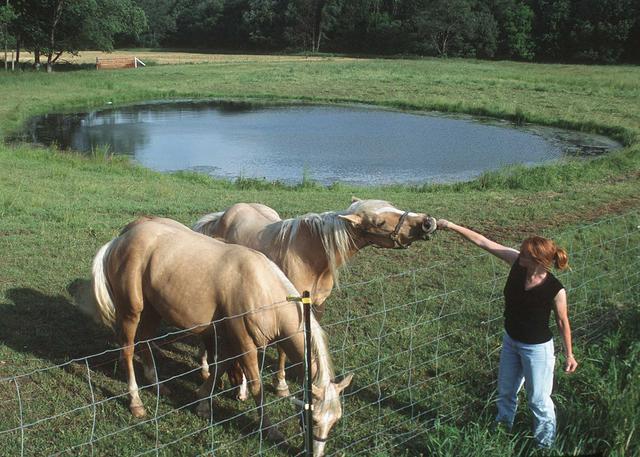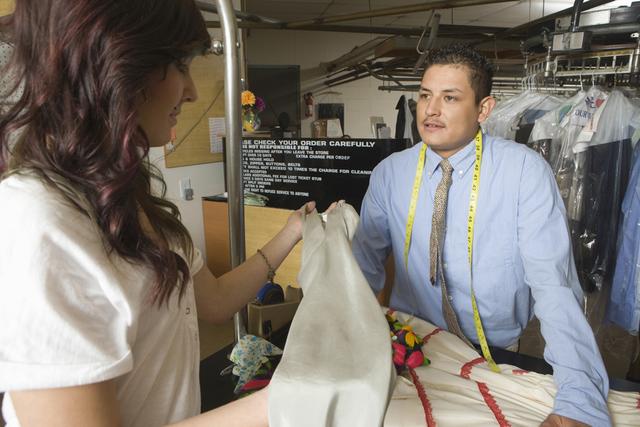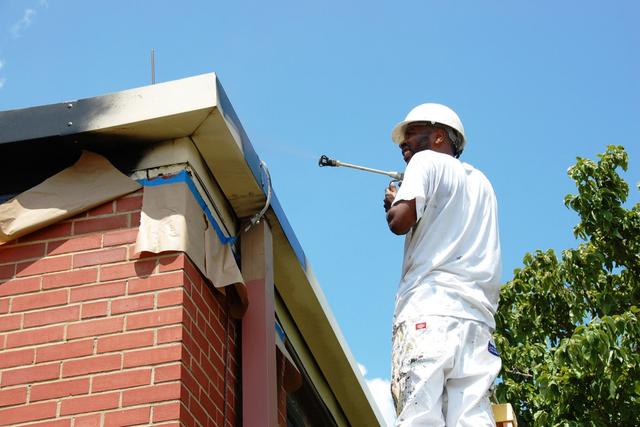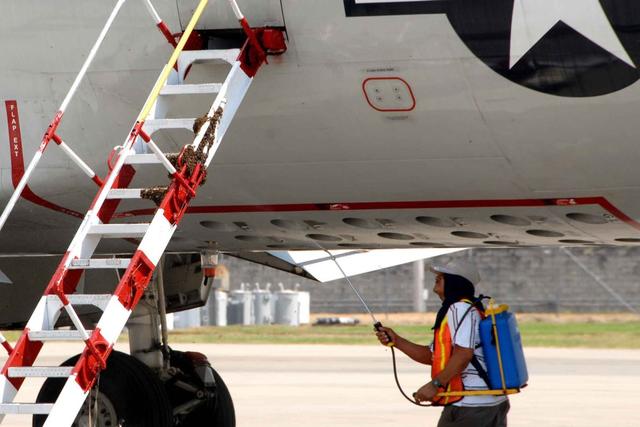Funeral Home Workers
Overview

Introduction
The funeral director, also called a mortician or undertaker, handles all the arrangements for burial and funeral services of the deceased, in accordance with the familys wishes. This includes the removal of the body to the funeral home, securing information and filing for the death certificate, and organizing the service and burial plans. The director also supervises the personnel who prepare bodies for burial. A growing number of funeral directors work with clients who wish to plan their own funerals in advance. An emb...
Quick Facts
Median Salary
Employment Prospects
Minimum Education Level
Experience
Skills
Personality Traits
Earnings
Salaries of funeral home workers vary depending on experience, services performed, level of formal education, and location. According to the U.S. Department of Labor, the median annual salary for morticians, undertakers, and funeral arrangers was $51,030 in May 2023. The lowest paid 10 percent earned less than $30,660 and the highest paid 10 percent earned more than $91,870 annually. The depart...
Work Environment
In firms employing two or more licensees, funeral workers generally have a set schedule of eight-hour days, five or six days a week. However, because services may be needed at any hour of the day or night, shifts are usually arranged so that someone is always available at night and on weekends.
In smaller firms, employees generally work long hours at odd times and often remain on call an...
Outlook
Employment for all funeral service workers, including funeral home managers, morticians, undertakers, and funeral arrangers, is expected to increase at an average rate of 4 percent between 2023 and 2033. Funeral home managers will experience the fastest growth, at 5 percent, while slower growth of 3 percent is expected for morticians, undertakers, and funeral arrangers. The need to replace thos...
















